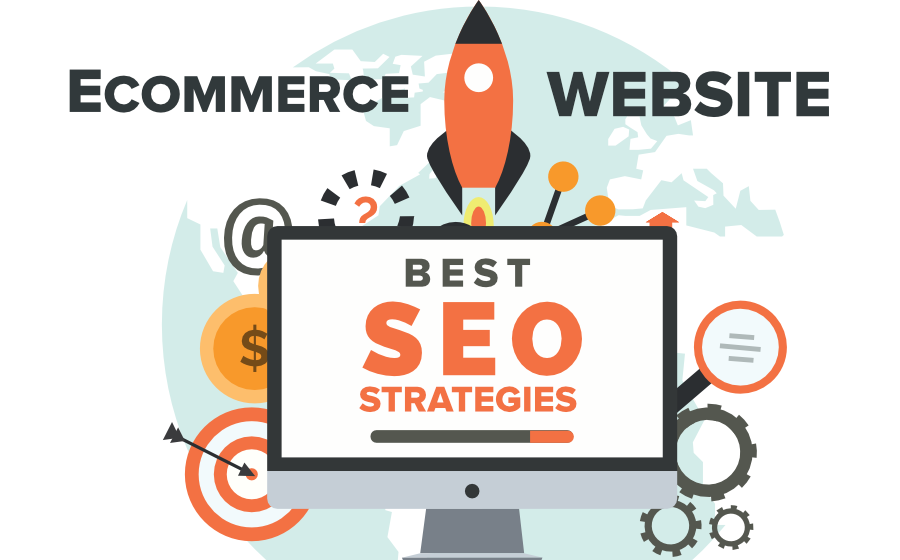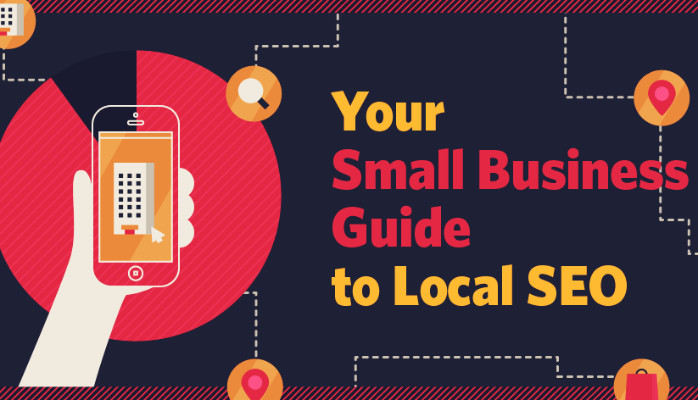In the competitive world of e-commerce, search engine optimization (SEO) is the key to standing out, attracting customers, and driving sales.
E-commerce websites face unique challenges and opportunities in the SEO landscape. In this article, we’ll explore essential SEO tips tailored to e-commerce, helping you maximize your online store’s visibility and revenue potential.
Keyword Research and Optimization
Start by conducting thorough keyword research to identify the terms and phrases your potential customers are searching for.
Focus on long-tail keywords specific to your products or niche. Optimize product titles, descriptions, and meta tags with these keywords, ensuring natural and informative content.
Unique Product Descriptions
Avoid using manufacturer-provided product descriptions that can lead to duplicate content issues. Craft unique and compelling product descriptions that highlight the benefits and features of your products. This not only helps with SEO but also improves your conversion rates.
Optimize Images
High-quality images are essential for e-commerce, but they can also slow down your site if not optimized. Compress and properly name images, and use descriptive alt text for better search engine understanding and accessibility.
Mobile Optimization
With the increasing use of smartphones for online shopping, your e-commerce site must be mobile-friendly. Responsive design and fast-loading mobile pages are critical for SEO and user experience.
User-Friendly Navigation
Ensure that your website’s navigation is intuitive and user-friendly. Organize products into clear categories and use breadcrumb navigation to help users and search engines understand your site’s structure.
Product Reviews
Encourage customers to leave reviews for your products. User-generated content not only provides valuable insights but also enhances your site’s SEO by adding fresh, relevant content.
Implement Schema Markup
Use schema markup to provide search engines with structured data about your products. This can lead to rich snippets in search results, such as star ratings and pricing information, making your listings more appealing.
Secure and Fast Website
Google values secure and fast websites. Implement HTTPS for security and invest in reliable hosting and content delivery networks (CDNs) to ensure speedy page loading times.
Social Media Integration
Integrate social media into your e-commerce strategy. Share product pages on your social platforms and encourage sharing. Social signals can indirectly impact SEO.
Regular SEO Audits
Perform regular SEO audits to identify and address technical issues, broken links, and other optimization opportunities. Tools like Google Search Console and third-party SEO software can be invaluable for this purpose.
Local SEO for Physical Stores
If you have physical stores, optimize for local SEO by creating Google My Business listings and ensuring consistent NAP (Name, Address, Phone Number) information across the web.
Monitor Competitors
Keep an eye on your competitors’ SEO strategies and adapt as needed. Analyze their keywords, backlinks, and content to identify areas for improvement.
Conclusion
In the e-commerce arena, SEO is not just a tool; it’s a competitive advantage. By implementing these SEO tips for e-commerce websites, you can enhance your online store’s visibility, attract more qualified traffic, and ultimately increase sales.
Remember that SEO is an ongoing process, and staying up-to-date with industry trends and algorithm updates is crucial to maintaining your e-commerce site’s success in the ever-evolving digital landscape.




